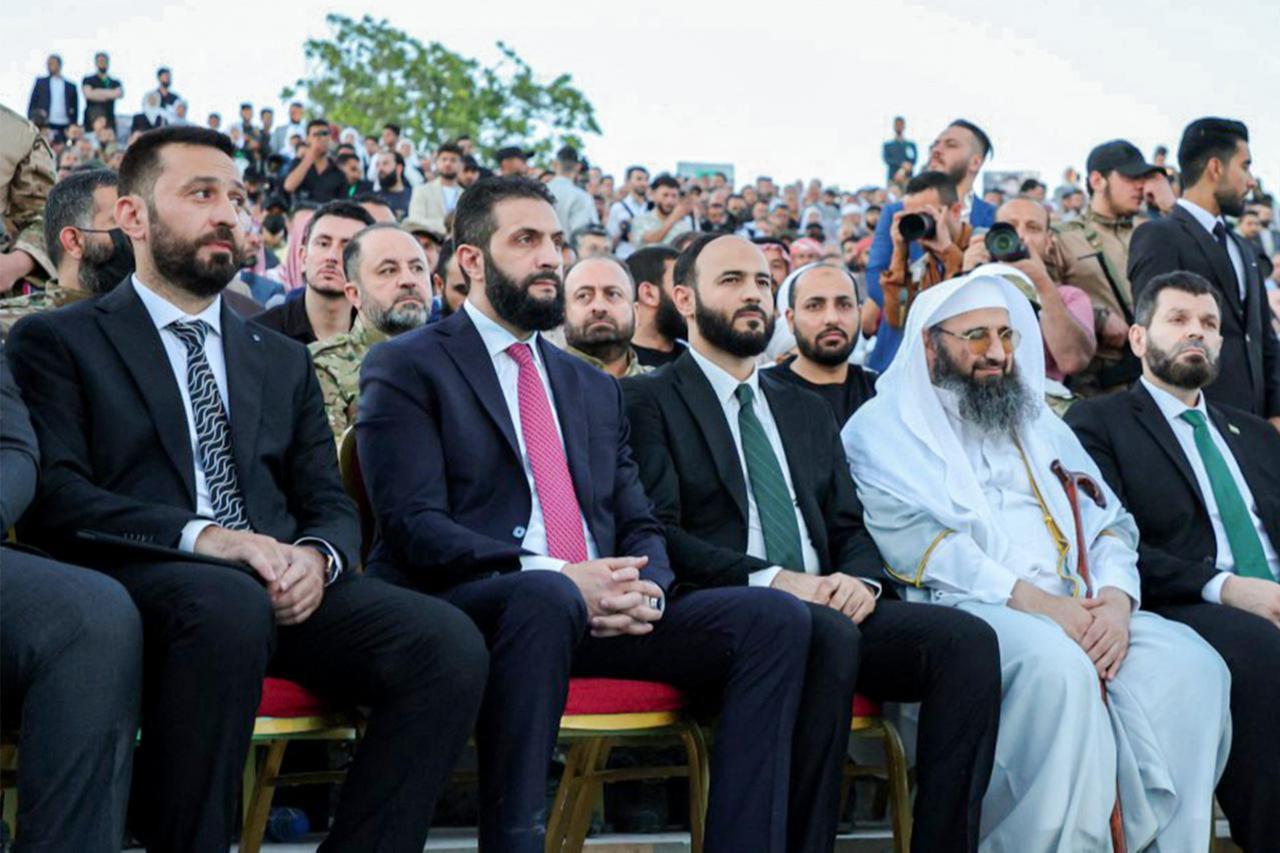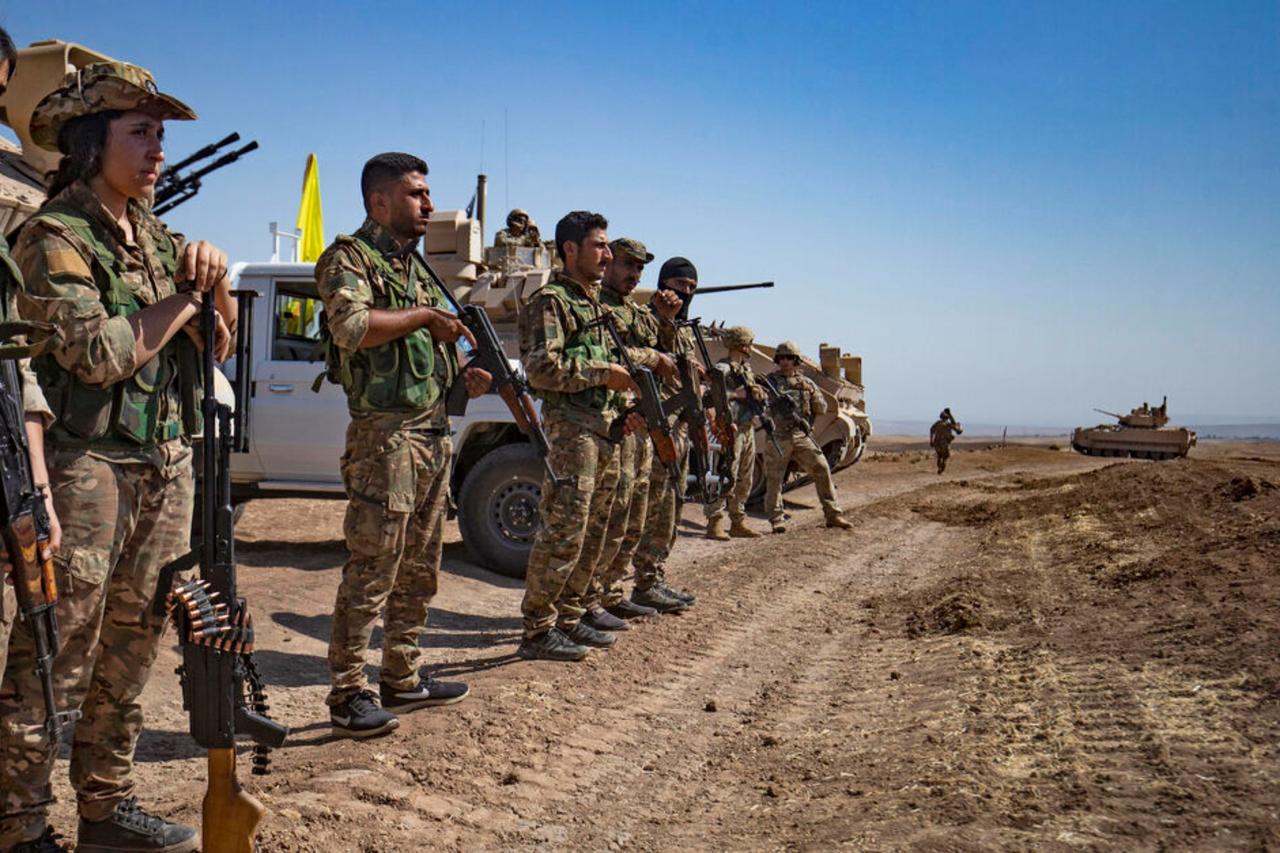
On March 10, Syrian President Ahmad al-Sharaa and head of the SDF, Mazloum Abdi, signed an agreement outlining the integration of northeastern Syria into the Syrian state. Since then, no tangible progress has been made, and implementation remains stalled.
In recent days, several statements from SDF figures have indicated that their bargaining position is shifting. Multiple SDF representatives have declared they will not disarm or relinquish control of territory to the Syrian government. According to a Kurdish news outlet, the SDF flatly rejected a proposal from the U.S. special envoy to Syria.
The following day, Mazloum Abdi adopted a more conciliatory tone in an interview with Saudi media. He publicly invited the Syrian government to extend its institutions into northeastern Syria and reiterated his support for “one Syria, one flag, and one army.”
However, Abdi also reaffirmed his demand for a decentralized political system and emphasized that integrating the SDF into the Syrian Ministry of Defense would take time and cannot be accomplished quickly.

Many analysts focus on potential near-term developments: What will Türkiye do? How will the U.S. position evolve? What role might Israel play in determining the fate of northeastern Syria?
Yet the more critical question is how Syria’s future political system will be defined. Officially, Syria is set to hold its first-ever free local elections to select two-thirds of the new transitional parliament. The remaining third will be appointed directly by Ahmad al-Sharaa.
This parliament will be tasked with forming a committee to draft a new constitution and subsequently ratify it. While imperfect, this process gives the Syrian people a significant role in shaping their future.
Mazloum Abdi, however, is advocating for Syria’s future political system to be determined through negotiations between himself and Sharaa, with U.S. and French mediation. He seeks to use all the leverage he has to impose a political system on Syria by reaching an agreement with Sharaa. Neither he nor Sharaa, however, is elected.
If this happens, it risks sidelining the Syrian people. By pursuing a negotiated settlement to secure decentralization, Abdi may jeopardize the historic opportunity Syrians have fought and suffered for. They may not get another chance soon if this one is missed.
Whether Syria will be decentralized or centralized should be decided by the Syrian people. Many indicators suggest most Syrians want a centralized Syria with a strong local governance role.